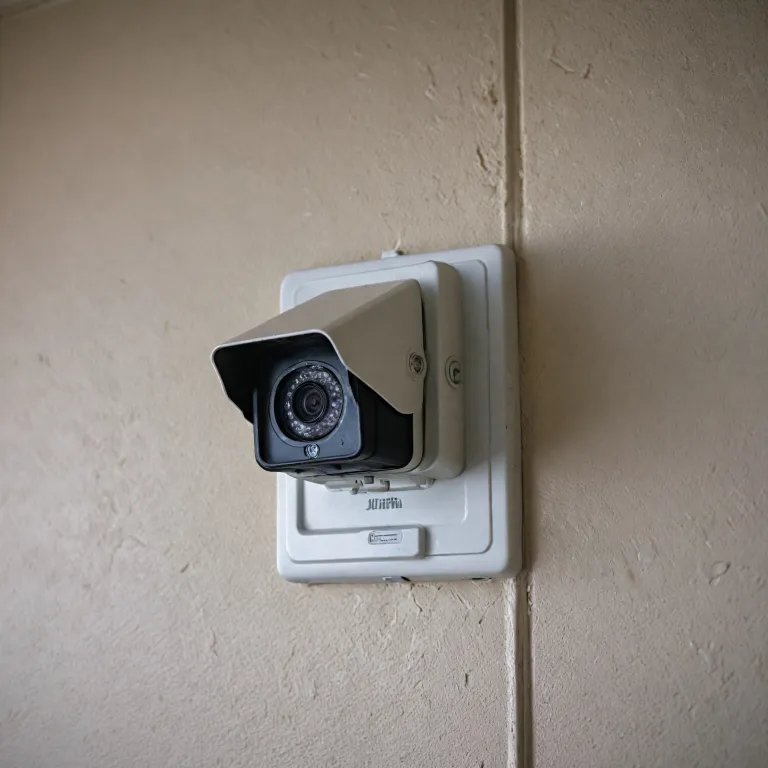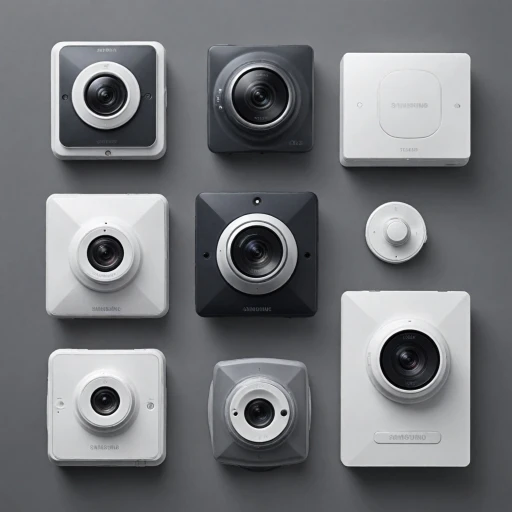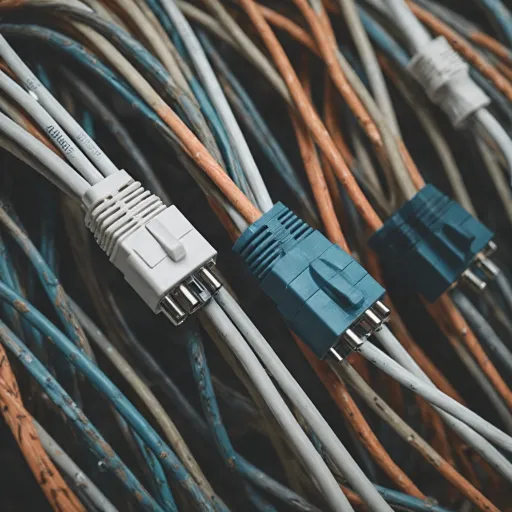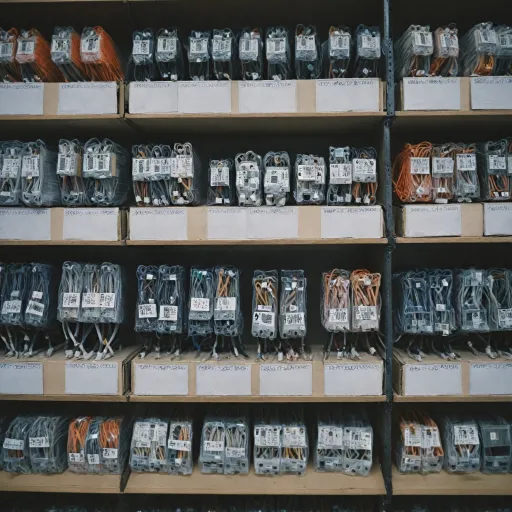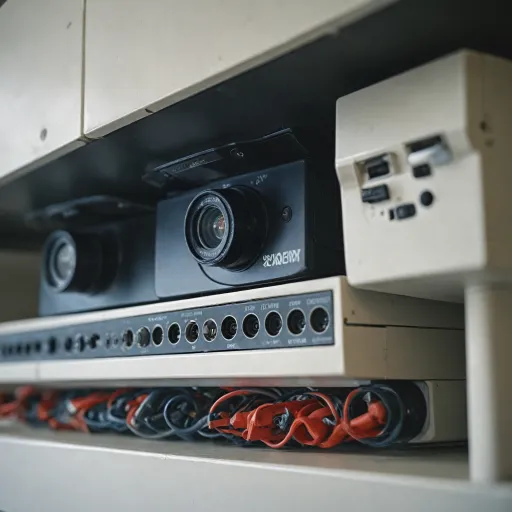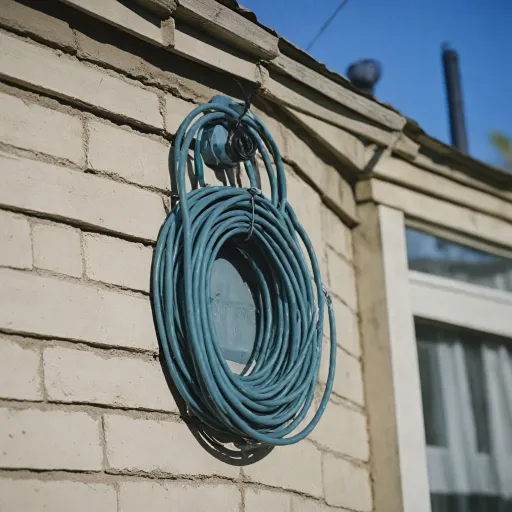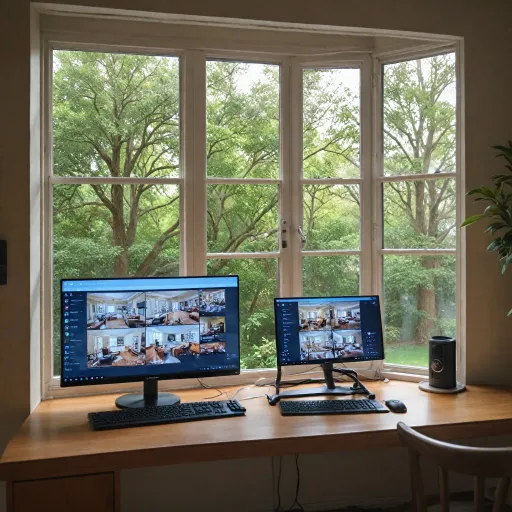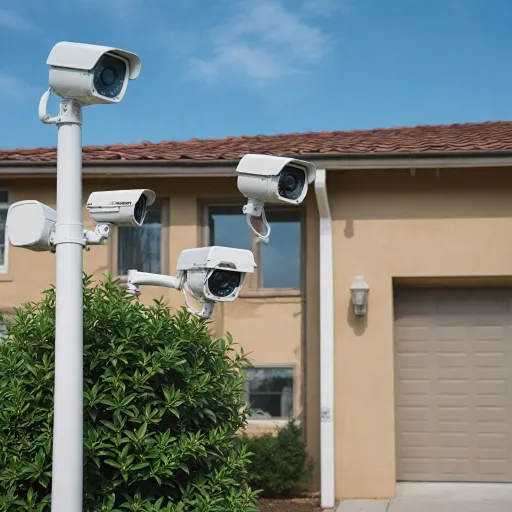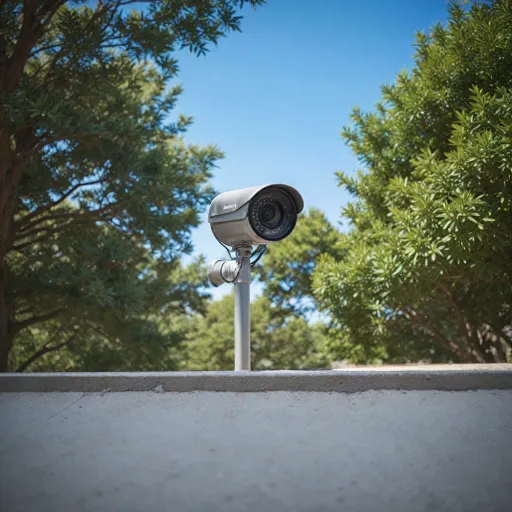
The Importance of Hard Drives in Security Cameras
Why Storage is Central to Security Cameras
The foundation of any robust security system lies in its ability to store video footage reliably. Security cameras are evolving rapidly, but they consistently rely on dependable storage solutions to capture and maintain video evidence. Understanding the intricacies of this requirement can guide you in making informed decisions about your surveillance needs. Security cameras, including those wired or part of an NVR security system, accumulate vast amounts of data. This is because high-definition video footage and audio recordings require substantial space. Additionally, for many systems, having the capability to store footage locally rather than depending solely on cloud storage provides an added layer of security and autonomy. Hard drives come into play as a vital component of this storage. By utilizing units like the Seagate hard drives specifically designed for DVR security systems, you can ensure your cameras operate seamlessly. With the regular updates in technology, hard drives within a channel DVR or a dedicated channel NVR system offer the reliability needed for surveillance purposes. The type of drives chosen affects not just the efficiency of video storage but also the system's overall cost-effectiveness. Understanding the regular price versus sale price dynamics when buying a suitable hard drive or complete security system can save you money, especially if looking at a drive unit price. For those keen on enhancing their security system, considering factors such as storage options, unit capacity, and reviews of drives, especially those built for security purposes like the Blue Series, is essential. When building or upgrading a security camera system, always ensure compatibility between storage devices and your specific camera needs. To maximize storage efficiency and security coverage, selecting the right cable for integration with your CCTV security camera is crucial. It’s worth exploring further the importance of choosing the right connection for your setup to avoid any failures or data loss. Learn more about selecting the right cable.How Ring Cameras Utilize Hard Drives
Ring Cameras and the Role of Hard Drives
Ring cameras have quickly become a staple in home and business security systems. One of the crucial elements that power these security cameras' capabilities is the storage solution they employ. While Ring cameras primarily rely on cloud storage for saving video footage, hard drives also play a significant role, particularly in more advanced setups involving wired systems or DVR security arrangements.Integrating Hard Drives with Ring Cameras
Hard drives provide substantial storage capacity for video footage, a critical factor for users who prefer local storage solutions. Ring cameras can be integrated with a DVR or NVR system, where these cameras continuously record data. The hard drives in such systems are part of dedicated security units designed to ensure that high-quality video and audio are captured and stored securely. For Ring camera systems particularly integrated with a DVR or NVR for continuous surveillance, high-capacity drives such as Seagate's Blue Series are often recommended. Though initial prices might seem high, these drives offer reliability and longevity, ultimately proving cost-effective.Balancing Storage Needs and Cost
When evaluating whether to incorporate hard drives into your Ring camera setup, it's crucial to balance storage needs against the cost of hard drives. While cloud storage offers flexibility and ease of access, local storage using hard drives can provide enhanced deterrence and reliability, especially during network disruptions. The choice between relying solely on cloud storage or integrating hard drives into a channel DVR environment largely depends on your security priorities and budget considerations. Regular drives have their price scale, with unit prices varying according to capacity and build quality. Sales and promotions can also influence the final decision. For those interested in advanced security systems, incorporating hard drives into your setup can significantly enhance your system's efficiency and reliability. This technology blend allows users to have more control over their security footage. If you're curious about wireless options alongside such robust setups, you can explore the benefits of wireless security cameras with monitors for a comprehensive security solution.Comparing Cloud Storage and Hard Drives
Cloud-Based Convenience vs. Hard Drive Reliability
When deciding between cloud storage and hard drives for your security cameras, it's important to weigh their unique benefits. Cloud storage offers convenience and immediate access to video footage from virtually anywhere. This ease of access is particularly beneficial for those looking for a more mobile solution, allowing you to access your security system on the go. However, it's worth considering the regular price of subscription models for cloud services, which can add up over time. On the other hand, using hard drives, like Seagate models, provides a more traditional approach with tangible storage units within your DVR security or NVR security systems. Hard drives tend to offer a one-time purchase option and are known for their durability and peace of mind, as data is not reliant on internet access. A channel DVR or NVR setup can manage several cameras, providing ample storage with the right drive capacity. For those considering a hybrid approach, some systems allow for both cloud and hard drive storage, giving you the flexibility to meet your particular security needs. Hard drives can store large volumes of video footage, a compelling advantage over cloud storage, especially if you are managing a complex surveillance system with multiple cameras and audio channels. In terms of price, while a hard drive system might have a higher upfront cost due to the purchase of the drives themselves, over time, it tends to be cost-efficient compared to monthly cloud service fees. As you evaluate your options, consider the price sale opportunities and explore security system storage options that align with both your budget and security requirements.Choosing the Right Hard Drive for Your Security Needs
Factors to Consider When Selecting a Hard Drive
Choosing the right hard drive for your security camera system is crucial for ensuring reliable storage and retrieval of video footage. Here are some key factors to consider:
- Storage Capacity: The amount of storage you need depends on the number of cameras in your system and the resolution of the video footage. More cameras and higher resolution require more storage space.
- Drive Type: Consider whether you need a DVR security system or an NVR security system. DVR systems typically use wired connections and are compatible with traditional hard drives, while NVR systems often use network connections and may require specialized drives.
- Reliability: Look for hard drives designed specifically for surveillance, such as the Seagate Blue series, which are built to handle continuous writing and reading of video data.
- Price: The unit price of hard drives can vary significantly. Consider your budget and compare the regular price and sale price of different options to find the best deal.
- Reviews: Check reviews from other users to gauge the performance and reliability of the hard drive you are considering. This can provide insights into potential issues or advantages.
Compatibility with Your Security System
Ensure that the hard drive you choose is compatible with your existing security system. Some systems may require specific types of drives or have limitations on storage capacity. It's essential to verify these details before making a purchase.
Balancing Cost and Performance
While it might be tempting to opt for the cheapest option, balancing cost with performance is key. Investing in a reliable hard drive can save you from potential data loss and ensure that your security cameras function effectively as a deterrence.
Maintaining and Managing Your Security Camera Hard Drive
Efficiently Managing and Maintaining Your Security Camera Hard Drive
Proper care and management of your hard drives are vital for the optimal functioning of your security system. Here’s how you can ensure that your storage unit performs at its best:- Regular Maintenance: Conduct periodic checks to ensure that your hard drive is not physically damaged. Regular maintenance can extend the lifespan of your drives, keeping them in good condition and functional for longer periods.
- Monitor Audio and Video Footage: Ensure that your system is continuously recording clear audio and video footage without interruptions. If you notice any discrepancies, such as missing footage or audio lags, it might be time to look into your camera system settings and the health of your DVR unit.
- Upgrade When Necessary: As your security needs evolve, you might require a more powerful drive. It's important to know how to choose between a hard drive or alternative storage solutions. If your current unit fails to keep up with demand, consider upgrading to a larger capacity drive from reliable brands like Seagate.
- Understand Price Differences: Be aware of the unit price, regular price, and potential sale price when considering storage. Efficiently balancing price and performance is key, similar to choosing the right cameras and DVR systems.
- Backup Regularly: For enhanced security, institute a regular backup routine. Cloud storage may offer additional peace of mind, as it's an excellent option for securing your footage in case of hard drive failure or physical tampering with your storage systems.
- Utilize Reviews: Before making changes to your security hard drives, explore reviews from other users to understand common issues and best practices for your specific model and channel DVR setup.

